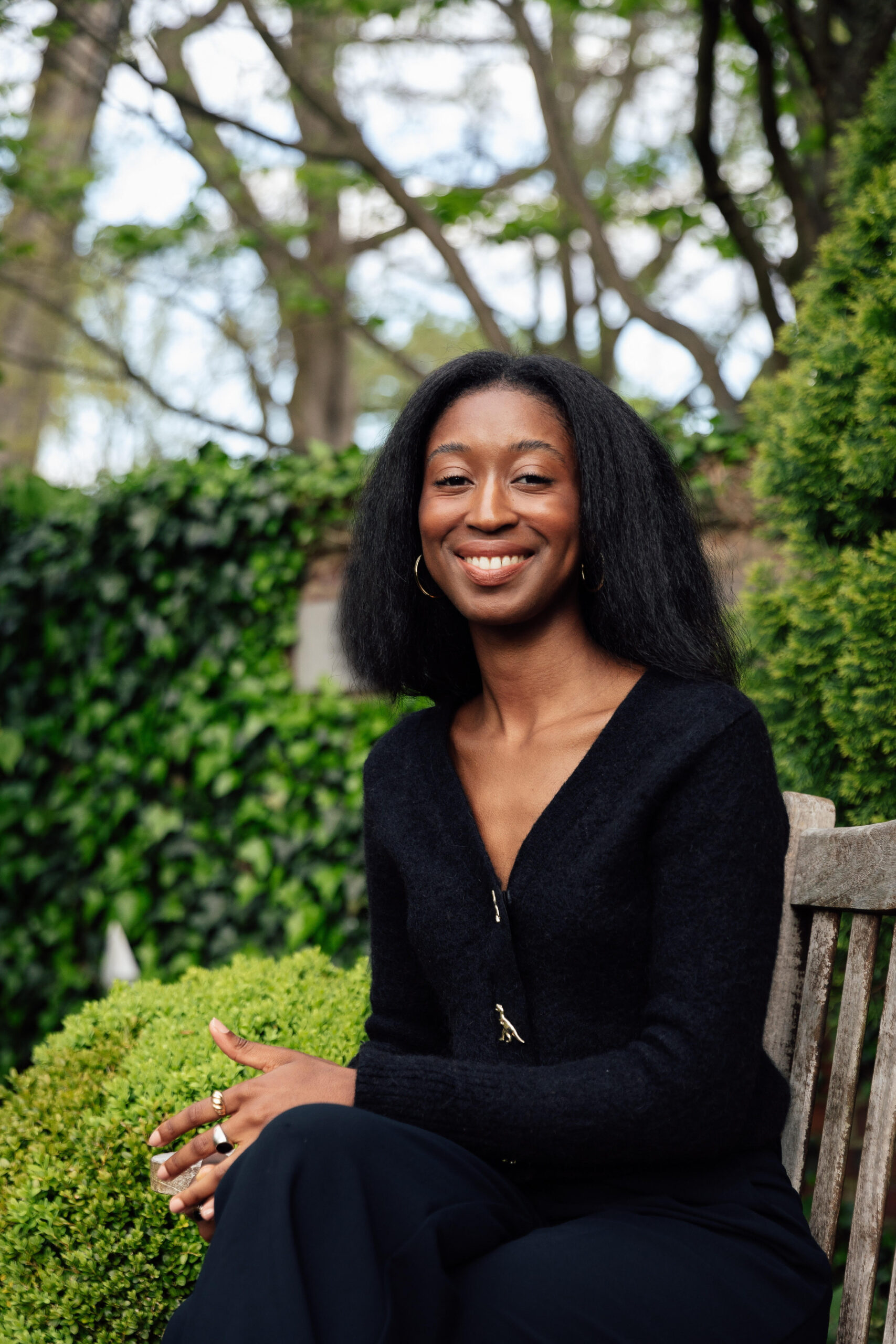 Tyler Hubbert
Tyler Hubbert
Promotions and Author Relations Associate
Princeton University Press
1. Tell us about yourself and what your life was like as a TCNJ student.
I came to TCNJ as an English Liberal Arts major and eventually added a minor in WGS. Unfortunately, because it’s an area of study that doesn’t have a natural path to employment, I had a hard time finding a career path. Therefore, I ended up doing a process of elimination and asked myself, ‘What kind of media or creative adjacent job can I do where I can be with books all the time?’ Through the help of TCNJ professors, I was guided to a self-design major in publishing.
2. Tell us about your job and the kinds of tasks you do.
My full job title is “Promotions and Author Relations Associate,” and I function as a junior publicist. For publicity overall, the function of a publicity department is to get media attention for books and authors, and typically we work 6-8 months in advance depending on the title. A lot of what I do is pitching, following up with media, sending out review copies, and responding to authors, as well as sometimes organizing author tours.
3. What are the most challenging aspects of your profession?
I think the most challenging part about my job is focusing on and keeping track of everything all at once. As a publicist, you have to be able to constantly keep information in the back of your mind because you’re always doing things so far in advance. Doing things last minute is not an option, and one of the things I struggle with the most is timing. My goal has been to develop a “publicist’s brain,” in which I have encyclopedic knowledge of who writes for what magazines, who still works for certain newspapers, who still discusses a specific topic on a podcast–essentially being aware of who knows who and what they do.
4. How do you handle stressful situations in your line of work?
It took me a while to learn to ask for help when I needed it instead of doing everything by myself. Even though I’m a very independent person, I do enjoy collaborating with others, and I had to learn that it was the most beneficial model for learning how to grow. I’ve found that sharing and expressing when I need help with tasks is a great way to mitigate stress. I also had to learn how to communicate with my manager. Knowing your boundaries takes time and self-awareness, but communicating them is essential. Nonetheless, I’ve also learned that surrounding yourself with good people makes a big difference as well.
5. Can you share a particularly memorable experience or project you’ve worked on?
I went to my first academic conference in November, and while I was hesitant to go at first, it was very beneficial because the event put me on display for my job and granted me the opportunity to network. Also, I recently finished my first author tour, which allowed me to plan events with bookstores that I commonly frequent myself and that was a very cool experience.
6. Is there any skill or quality necessary to succeed in this field? If you were recommending your job to someone, what kind of person would it be?
Someone who is highly organized, has a good memory, and is not afraid to pester the people who have not gotten back to you. There are lots of opportunities to go to events, which presents many traveling opportunities. Interestingly enough, I also think someone who’s considering becoming an event planner would enjoy this kind of job. The publishing industry, in my opinion, is one of those jobs that you can only do if you truly love it because you aren’t making enough money to not like what you do. People in publishing love working in publishing, and they love to talk about it. If you have a passion for reading, you’ll find the work interesting, which will then make the job easier for you.
7. What advice would you give someone interested in pursuing a career in your field?
If someone were to pursue my exact job, my biggest piece of advice is to read as much as possible. You should read what you like though, and not feel pressured into reading anything you don’t enjoy, but I would recommend reading about what you’re reading. This will give you a whole view of the industry: not only reading the work, but reading what people are saying about the book and how they reacted to it. Keep an eye on job boards and make sure you’re reading in the right places such as Publishers Weekly, LitHub, or Bookjobs.com. Also, research where you want to work and why you want to work there. A lot of times when I interview interns, they don’t have a good reason why they want to intern here. Showing why you want something is important. So is being persistent and following up with the things that you want. That’s a huge part of the industry, but it also proves that you’re interested. If you find keeping up with the literary ecosystem boring, then you probably don’t want this job. It’s a better experience when you’re engaged with it, and if it bores you, it’s not for you.
